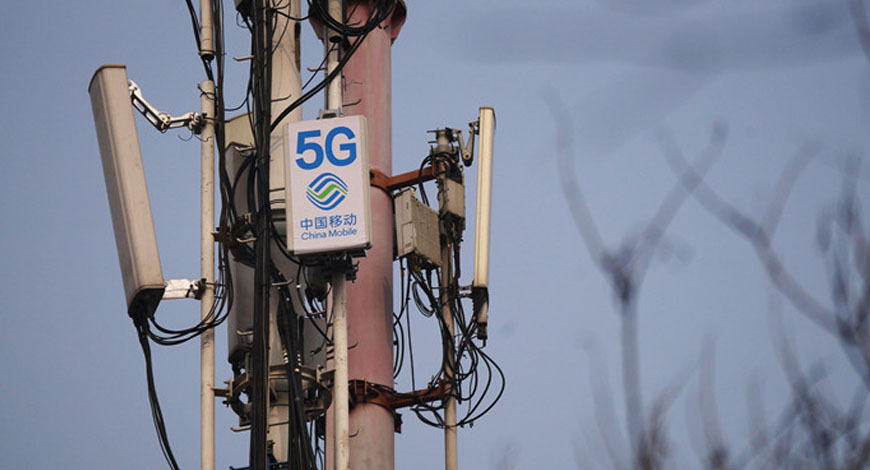5G
5G base station market size worth USD 194.26 billion in 2029

According to Adroit Market Research, the Global 5G Base Station Filter Market will grow at an impressive CAGR of 37.3% from its estimated value of USD 194.26 Billion by 2029.
A 5G base station filter is an essential component of a 5G network’s architecture. It is intended to reduce interference and improve base station performance, which is in charge of sending and receiving wireless signals in a 5G network. A filter in a 5G base station serves to separate the necessary frequency bands for 5G communication and reject any unwelcome signals or background noise that could be present. This is crucial because 5G networks operate in higher frequency ranges than earlier wireless network generations, making them more sensitive to signal interference. The filter helps reduce interference from surrounding wireless systems and adjacent frequency bands so that the base station may send and receive signals efficiently within the defined frequency bands. The filter contributes to the preservation of signal quality and integrity in the 5G network by selectively allowing some frequencies to flow through and attenuating others.
In order to improve the functionality and efficiency of 5G networks, there is an increasing need for 5G base station filters on a worldwide scale. The development and improvement of 5G infrastructure is receiving significant investment from telecom carriers and network equipment suppliers, which pushes the need for filters. The number of linked devices, the Internet of Things (IoT), and data-intensive applications has significantly increased, as has the need for bandwidth. Base station filters are vital in maximizing signal quality and minimizing interference, guaranteeing dependable and high-speed connection. 5G networks are built to meet these demands. New frequency bands are being assigned by governments and regulatory organizations expressly for 5G connectivity.
To separate and transmit signals within the allotted range, these frequency bands need specialized filters. The demand for base station filters compatible with these frequencies will increase as more spectrum becomes available for 5G. To satisfy the unique needs of 5G networks, filter technologies have undergone constant innovation. High selectivity, low insertion loss, and small size are enhanced performance features of technologies including SAW filters, BAW filters, and dielectric filters. The filters are now better suited for the deployment of 5G base stations thanks to these developments. Higher data rates and network capacity are required due to the widespread use of smartphones and the rising popularity of data-intensive applications like online gaming, virtual reality, and video streaming.
Manufacturers of base station filters have great potential due to the continuous global rollout of 5G networks. Filters that improve network performance and guarantee dependable connectivity will be more in demand as more nations and telecom carriers put out 5G infrastructure. Businesses that can provide filters of the highest caliber and effectiveness, suited to certain 5G frequency bands, will have a competitive edge.
For IoT deployments to be successful, base station filters are critical in preserving signal quality and reducing interference. There will be a sizable market for businesses that can provide filters expressly for IoT and smart city use cases. The need for cutting-edge filter technology to satisfy the unique demands of 5G networks is growing. This gives businesses the chance to create and market cutting-edge filter technologies that offer enhanced performance, reduced insertion loss, increased selectivity, and superior interference rejection. Companies may position themselves for success in the 5G base station filter market by making investments in research and development to produce cutting-edge filter solutions. The 5G base station filter market has a lot of room to develop in emerging regions with big populations and rising connection demands. Filter makers may easily establish a foothold and take market share in nations either investing in infrastructure development or in the early phases of 5G adoption.
One of the key markets for 5G base station filters is predicted to be North America. Early adopters of 5G technology, the US and Canada have made large infrastructure rollout expenditures. Market expansion is fueled by significant telecom operators, network equipment producers, and filter suppliers in this area. Additionally, the market potential in North America is influenced by the growth of IoT applications and the desire for a high-speed connection. Adroit Market Research















You must be logged in to post a comment Login